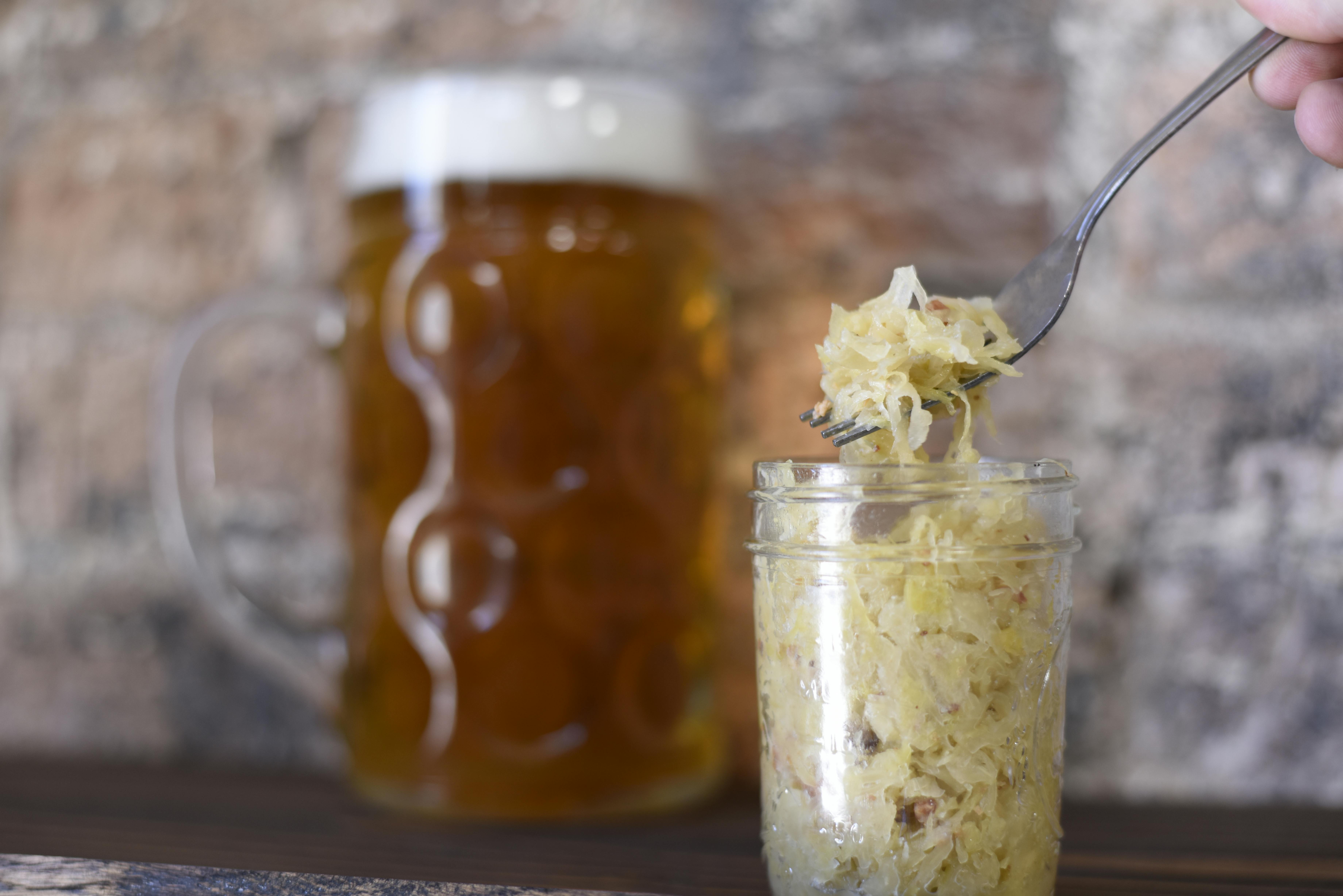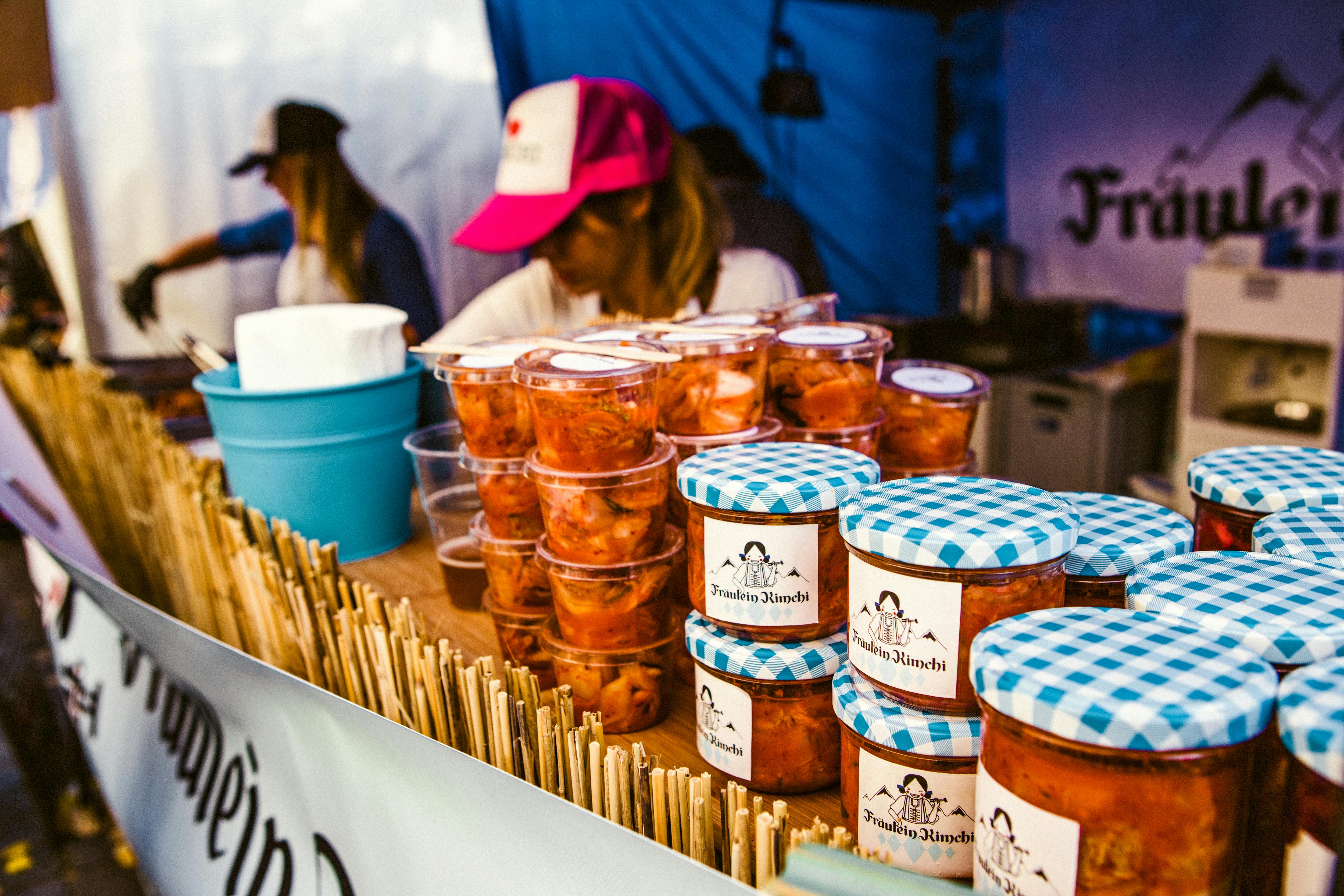13 Foods That Naturally Feed Your Gut's Good Bacteria
3. Sauerkraut: Crisp, Fermented Cabbage for Microbial Variety

Sauerkraut isn’t just tangy—it’s a symbol of time-honored preservation and an excellent way to support your gut. Traditional sauerkraut is made by fermenting finely shredded cabbage with salt, creating a natural environment for probiotic bacteria like Lactobacillus to flourish. These live cultures can enhance diversity in your microbiome, which is linked to better digestion and overall resilience. For full gut benefits, choose raw or unpasteurized sauerkraut—found in the refrigerated section—because heat destroys the live probiotics. Add generous spoonfuls to sandwiches, grain bowls, or salads for a satisfying crunch and bright flavor. If you’ve never tried it, start with a small side to get your taste buds and gut used to new friendly microbes. Each forkful delivers more than just flavor; it’s a living link to food traditions that put wellness at the center of every meal.
4. Kimchi: Spicy Korean Staple Brimming with Probiotics

Bursting with vibrant flavor and color, kimchi is a Korean favorite made by fermenting napa cabbage (and sometimes radishes or other vegetables) with spices and roots. This process fosters a lively mix of probiotics, including bacteria that can help support your gut’s balance. Kimchi brings a gentle heat and depth that goes beyond spice—it’s about transforming humble vegetables into a complex, tangy side rich in both tradition and nutrition. Try kimchi on rice, with eggs, or layered into sandwiches for a bold twist. If you’re new to it, start slow—its robust taste may surprise you at first, but your gut will thank you. Look for brands in the refrigerated section or try making it at home; just be sure you’re picking products labeled as raw or unpasteurized for the biggest microbial benefit. Kimchi is proof that you can step outside your usual flavor comfort zone and do something wonderful for your microbiome at the same time.
